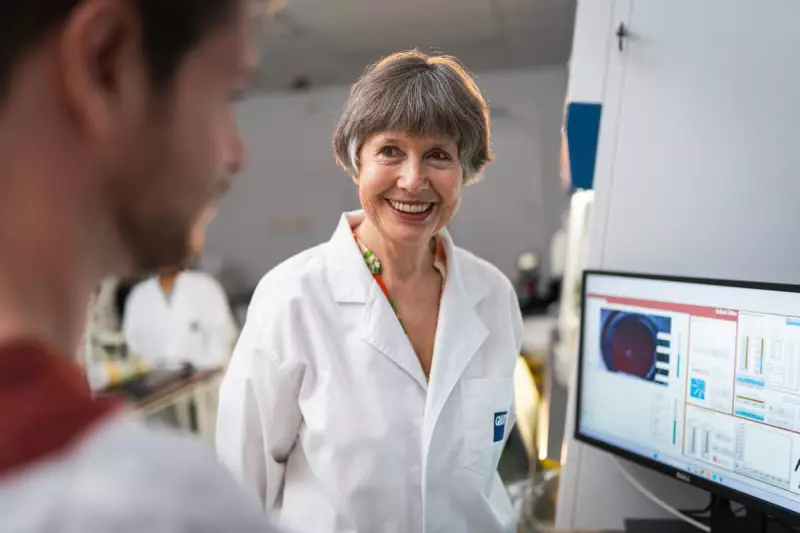
In a powerful celebration of scientific excellence spanning traditional Western research and Indigenous wisdom, Australia has honoured two remarkable figures with its most prestigious science award for 2025.
Pandemic Science Revolutionary Honoured
Professor Lidia Morawska, whose crucial research fundamentally changed global understanding of COVID-19 transmission, has received the Prime Minister's Prize for Science for her relentless advocacy around airborne virus spread.
The Queensland University of Technology international air quality expert led the charge in convincing global health authorities that COVID-19 primarily travelled through aerosols - tiny particles that can linger in the air for hours. Her work transformed public health guidelines worldwide, shifting focus from surface cleaning to ventilation and air filtration.
'This recognition validates years of challenging established thinking,' Professor Morawska stated during the ceremony. 'Understanding airborne transmission was crucial for managing COVID-19 and will be fundamental for preventing future pandemics.'
Indigenous Knowledge Breakthrough
Sharing the honour is Michael Wear, a Gunggarri and Bidjara man recognised for his pioneering work bridging Western science with Aboriginal and Torres Strait Islander knowledge systems.
Wear's research has created new frameworks for integrating Indigenous ecological understanding with contemporary environmental management, particularly in sustainable land care practices and biodiversity conservation.
'For too long, Indigenous knowledge has been sidelined in scientific discourse,' Wear explained. 'This award signals that Australia is ready to embrace the depth and sophistication of knowledge systems that have sustained this land for millennia.'
Transformative Impact on Global Health
Professor Morawska's contribution emerged as particularly timely, given her early warnings about airborne transmission initially faced scepticism from major health organisations. Her persistent advocacy eventually led to:
- Revised WHO guidelines on indoor air quality
- New building ventilation standards worldwide
- Enhanced protective measures in healthcare settings
- Greater public awareness of airborne disease prevention
Bridging Knowledge Systems
Michael Wear's achievement marks a significant moment for Indigenous recognition in Australian science, demonstrating how:
- Traditional ecological knowledge can complement Western scientific approaches
- Indigenous perspectives offer unique solutions to contemporary environmental challenges
- Collaboration between knowledge systems enriches scientific understanding
The dual recognition highlights Australia's evolving scientific landscape, where cutting-edge research and ancient wisdom are increasingly valued as complementary forces in addressing complex global challenges.
Both laureates emphasised that their work represents not just personal achievement but the collective effort of research teams and communities working toward safer, more sustainable futures.





